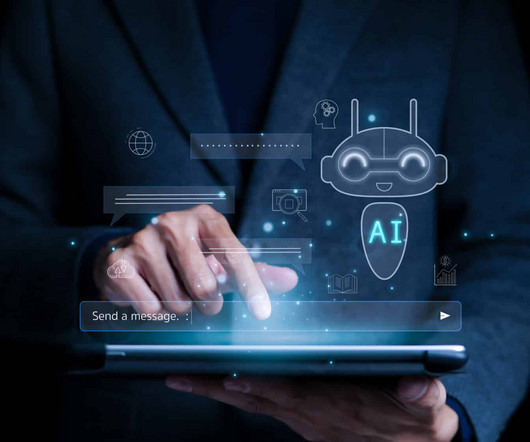Is There an AI Tool to Create Legal Documents?
Lawmatics
NOVEMBER 7, 2023
Legal research. AI helps legal professionals find relevant case law, statutes, and precedents by searching and summarizing vast legal databases. AI algorithms can predict case outcomes and provide insights into legal strategies by analyzing historical case data. Workflow automation.















Let's personalize your content